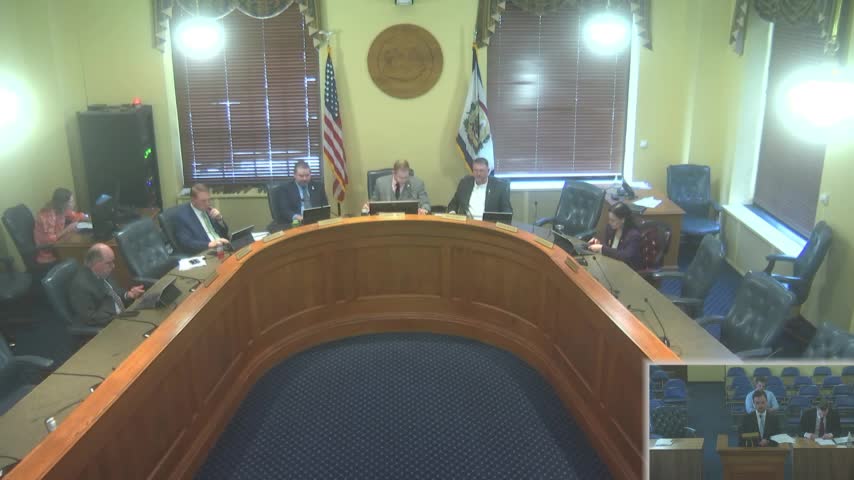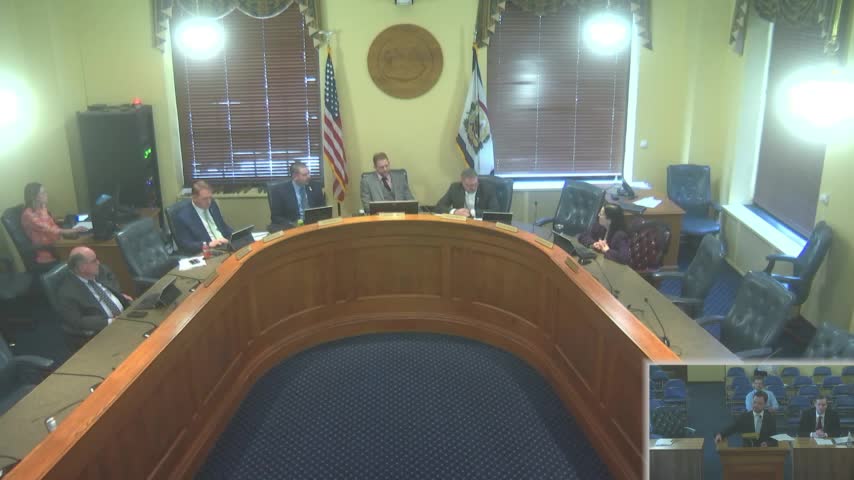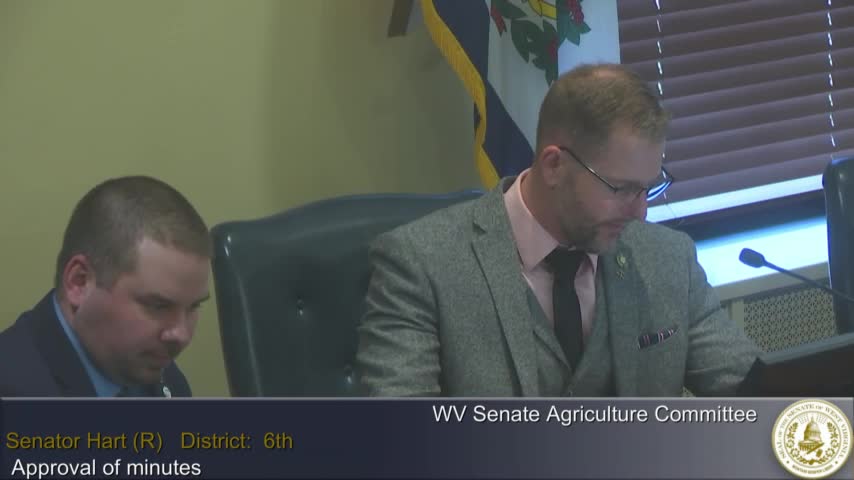Article not found
This article is no longer available. But don't worry—we've gathered other articles that discuss the same topic.

Committee approves bill exempting on‑farm feed sales from commercial‑feed distributor rules

Committee amends farm-appraisal bill to let corporate owners count separate tracts toward $20,000 threshold

